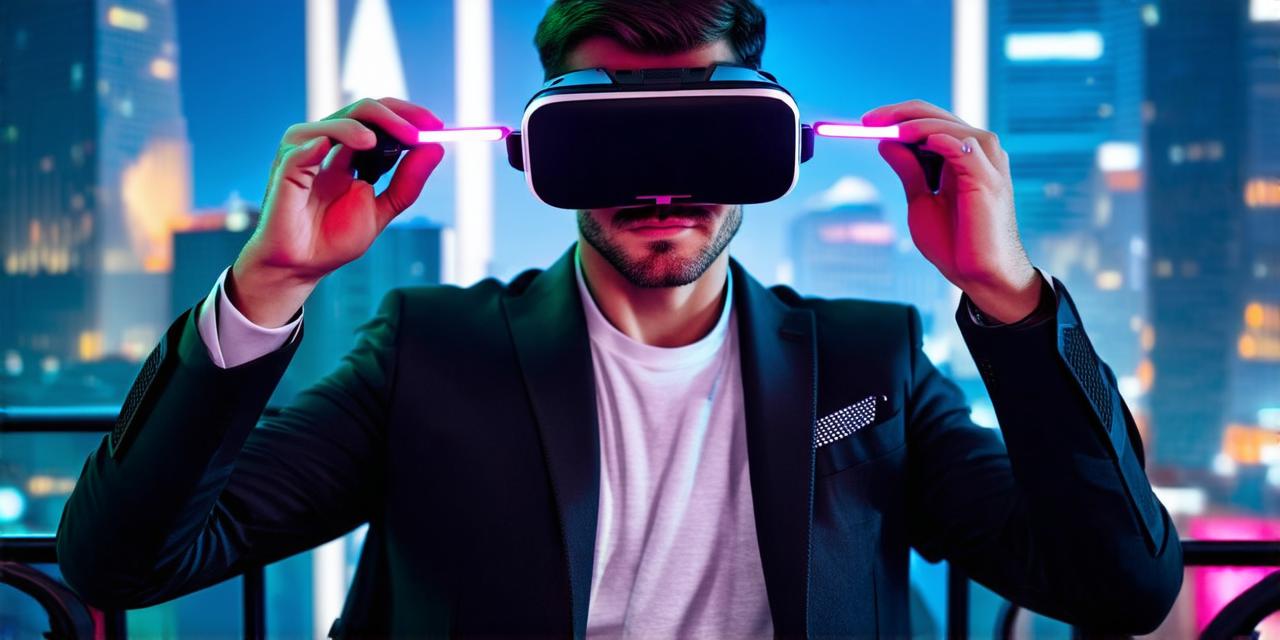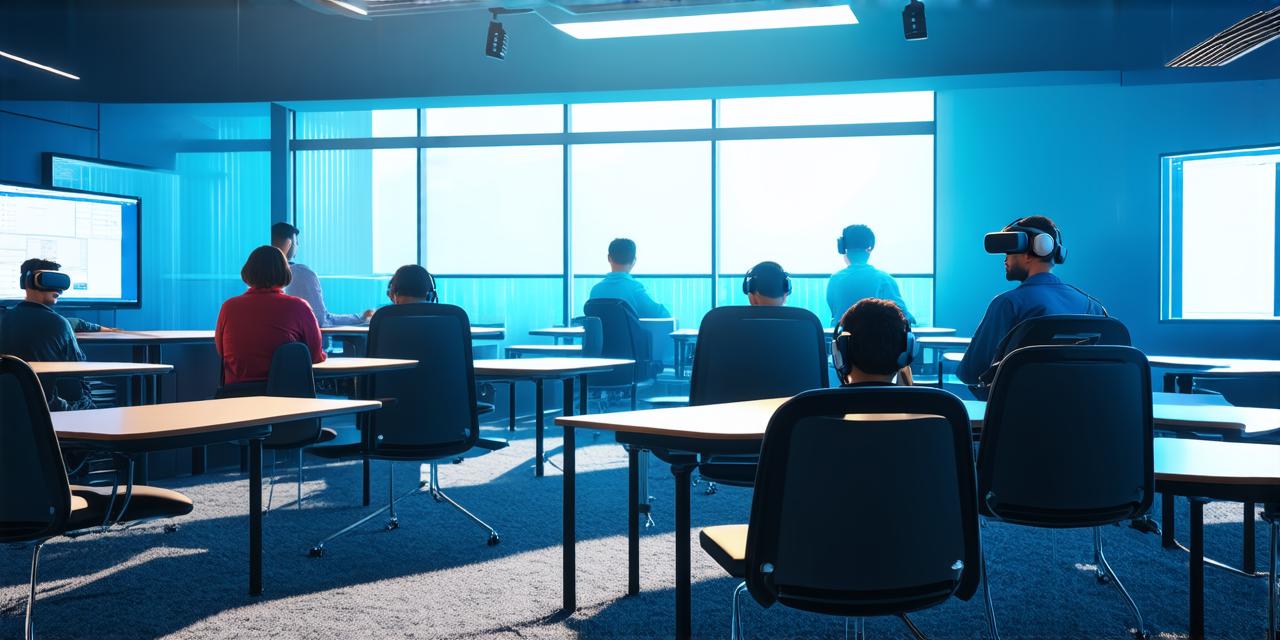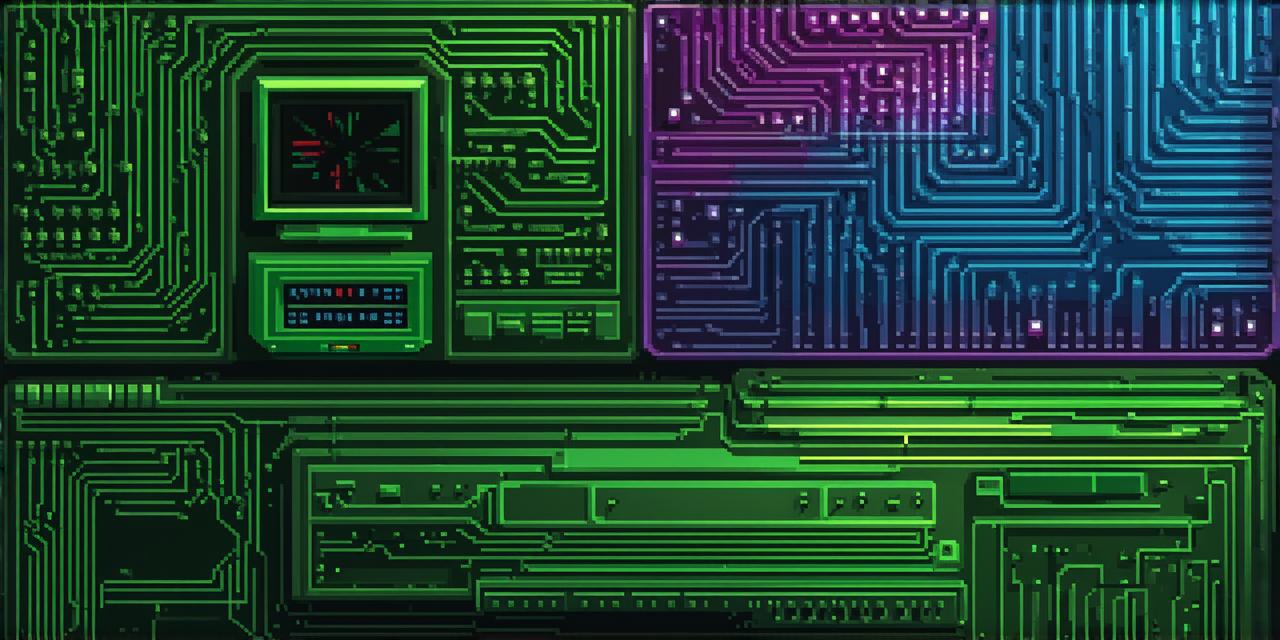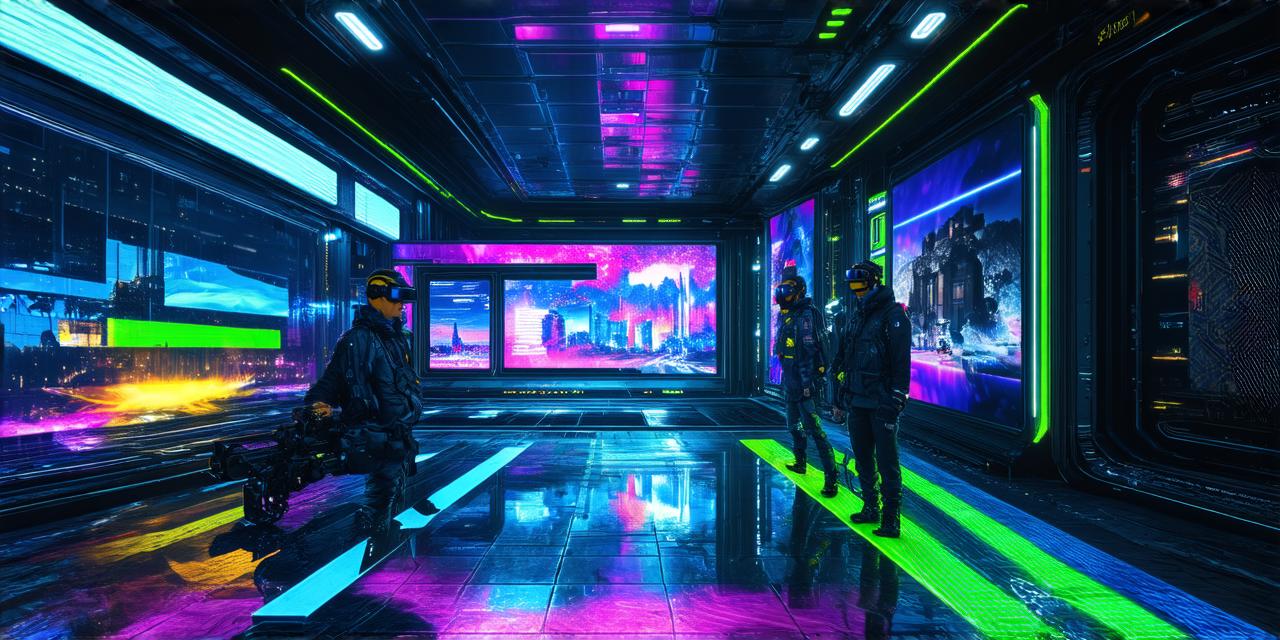Virtual reality (VR) refers to a technology that allows users to experience immersive digital environments as if they were real. This technology has been around for decades, but recent advancements in hardware and software have made it more accessible and affordable than ever before.
One of the most well-known applications of VR is in gaming. Video games are now able to offer players a truly immersive experience that puts them right in the middle of the action. This technology has also found applications in the entertainment industry, with virtual reality being used to create interactive movies and immersive experiences for live events like concerts and sports games.
Virtual reality is also being used in education and training. It can provide a safe environment for students to practice skills that would be too dangerous or expensive to do otherwise. For example, medical students can practice surgeries in virtual reality, while firefighters can train for real-world scenarios in a simulated environment.
Virtual reality has also found applications in the fields of architecture and engineering. With VR, architects and engineers can create detailed models of buildings and structures and test them out in a virtual environment before they are built. This can save time and money by identifying potential problems early on in the design process.
Virtual reality is also being used in the fields of mental health and therapy. It has been shown to be effective in treating conditions like anxiety, depression, and PTSD, as it allows patients to confront their fears and triggers in a controlled environment.

Finally, virtual reality is being used in the field of tourism. With VR, tourists can explore remote or dangerous locations without ever having to leave their living room. This technology has also been used to create virtual tours of museums and historical sites, allowing people to experience these places as if they were really there.
In conclusion, virtual reality is a powerful technology with a wide range of applications. From gaming and entertainment to education, training, architecture, engineering, mental health, and tourism, VR is revolutionizing the way we interact with digital environments. As this technology continues to evolve, we can expect even more exciting and innovative uses for it in the future.



